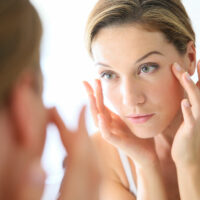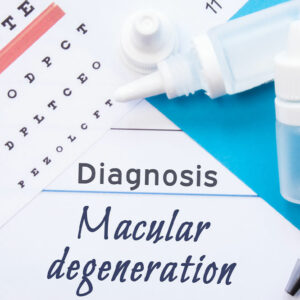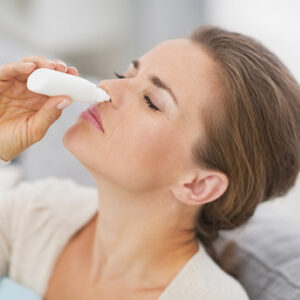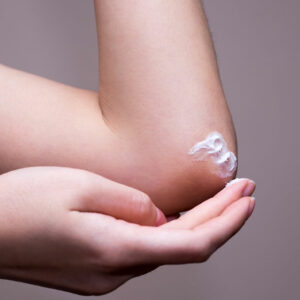
Have these 14 foods to manage macular degeneration
Macular degeneration is an eye condition that causes changes in the macula, leading to vision loss. Though there is no cure for this condition, following an eye-healthy meal plan is important in managing complications like vision loss. A nutritional regime for age-related macular degeneration should include healthy amounts of vitamins, minerals, and other nutrients. Some foods that contain eye-healthy vitamins that help manage symptoms of macular degeneration are listed below. Macular degeneration Age-related macular degeneration is a primary cause of vision loss among people aged 55 years and above. The condition refers to the deterioration of the central part of the retina called the macula. Symptoms include blurry vision, blind spots, difficulty recognizing faces, visual distortions, and more. Studies indicate that nearly 20 million people in the country live with some form of age-related macular degeneration. This condition occurs in two forms- the dry and the wet form. The dry type occurs when the macula gets thinner with age. This condition gradually progresses over the years. The dry form can advance into the wet type when abnormal blood vessels develop in the back of the eye and harm the macula. The wet type of AMD usually accelerates vision loss. Leafy green veggies Dark-green, leafy vegetables are rich in beta-carotene and carotenoids such as lutein and zeaxanthin.
Read More. 














